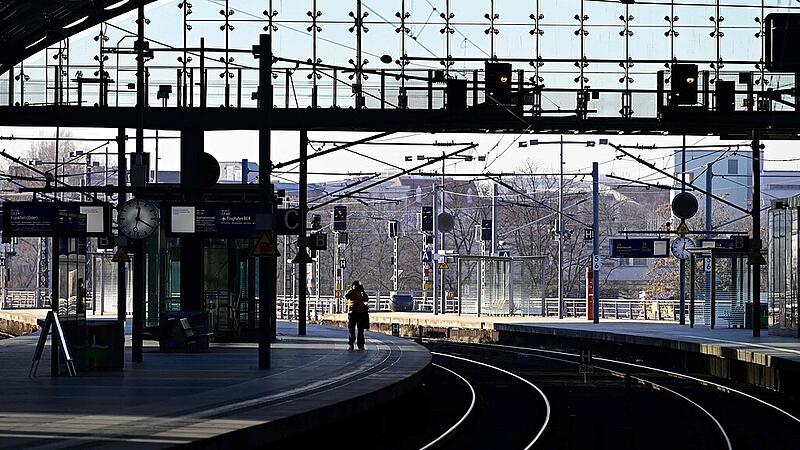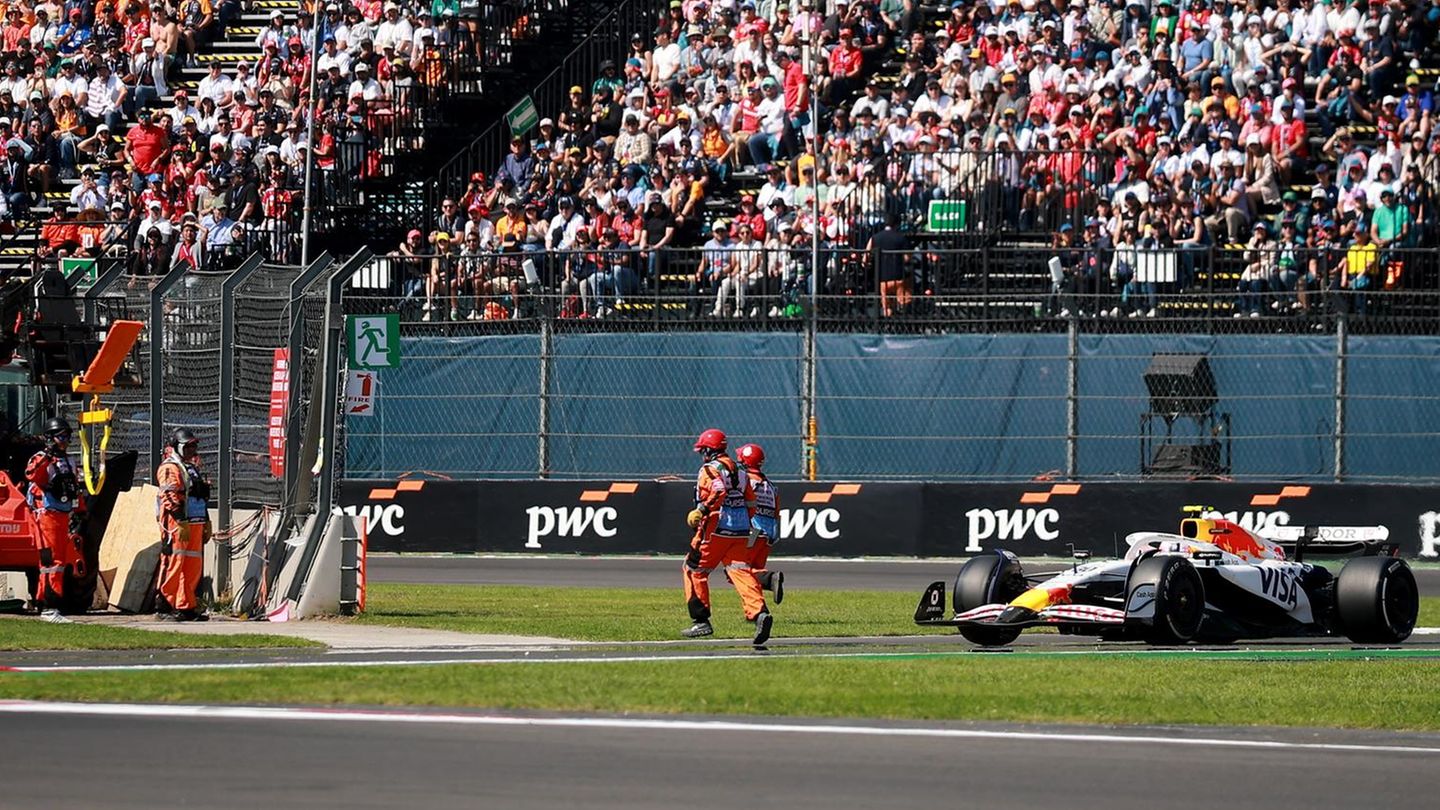Image: (APA/AFP/JOHN MACDOUGALL)
The emergency timetable started as planned, the railway said. In long-distance transport, as in the previous labor disputes of the GDL union, only around one in five trains is in use. There are also extensive restrictions in regional transport. The company Transdev, which operates regional railways in the north-west and east of Germany, is also on strike.
Connections in Austria are also affected
The strike does not affect ÖBB traffic via the Deutsche Eck, but the long-distance connections of Deutsche Bahn (DB) and ÖBB to Munich or even further north. Because trains that start or end in Germany only travel to the respective border station on the Austrian border or are canceled completely because the train drivers are swapped at the border. However, trains will sometimes be routed to Munich via the Brenner route, the ÖBB said.
ÖBB and DB have found a solution for the Salzburg-Munich route: their tickets are also valid for hourly local transport. Westbahn trains, on the other hand, travel to Munich because the train drivers are not changed at the border.
The GDL’s industrial action in Deutsche Bahn’s freight traffic began on Tuesday evening. Until recently, the railways and Transdev had tried to legally prevent the strike. The Hesse State Labor Court finally rejected the application for an interim injunction in the second instance on Tuesday evening.
Farmers blocked highway entrances
The GDL strike coincided with renewed protests by farmers on Wednesday, who blocked traffic at motorway entrances in Brandenburg, for example. Further protests have also been announced for Thursday and Friday – so commuters in particular are likely to have a difficult time in some regions these days.
GDL boss Claus Weselsky defended the strike and promised further actions. “If nothing happens by Friday, we’ll take a break and go into the next industrial action,” he said on ZDF’s “Morgenmagazin” after the strike began. He criticized the railway’s latest offer as a provocation.
Conflict over reduction in working hours
At its core, the conflict is about the union’s demand for a reduction in weekly working hours for shift workers from 38 to 35 hours with full pay. Deutsche Bahn rejects this and, in its most recent offer, held out the prospect of expanding existing working time models. Employees can decide to work fewer hours per week, but have to accept financial losses in return. The GDL rejects the offer.
Weselsky had declared the negotiations with the railways to have failed. As part of the expanded offer, the group called for further negotiations on Wednesday. The union did not respond to this. Negotiations with Transdev also failed.
In the tariff dispute, the GDL has already called for warning strikes twice, which lasted a maximum of 24 hours in passenger transport. The current strike lasts until Friday, 6 p.m. In December, the union had its members vote on indefinite strikes. Around 97 percent of participants were in favor of this. Since then, longer strikes have been possible.
My themes
For your saved topics were
new articles found.

info By clicking on the icon you can add the keyword to your topics.
info
By clicking on the icon you open your “my topics” page. They have of 15 keywords saved and would have to remove keywords.
info By clicking on the icon you can remove the keyword from your topics.
Add the topic to your topics.
Source: Nachrichten




